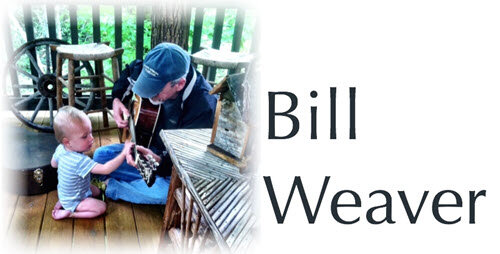I Am Not a Temple
We've been discussing putting on a mindset of corporate Oneness, and reading God's Word in like fashion. What say we start bringing this down to a personal level? What can (should?) this look like in our doings day-to-day?
Did you ever notice that whenever Paul uses some variation of the word "you" in his letters to the churches, most often the tense of the word is plural, not singular. And even when one finds a singular "you," the intent is still plural, such as when he pulls forward a prophet's exhortation to the singular nation of Israel (2 Cor. 6:2), or when he's speaking to one side of the room and not the other as in Romans (Rom. 2:27).
To Paul, this community – Christ’s body – is at one and the same time both the unified “many in one” and the singular “one in one another." He speaks of it often with great passion and an overwhelming desire that the concept be fully understood. It's a vision Paul implanted in the mind and heart of the churches he served—weaving a message of simultaneous union and singularity like a thread throughout all he said to help bind Christ’s body together so that it might understand its reason and purpose, and be able to stand against the spiritual forces of evil in the heavenly places that strive to take it down. (Eph. 6:12)
Like a master artist, he uses characteristics and word pictures to paint a portrait of a collective, corporate community in which each believer is a part, and from which each draws personal identity and purpose as part of the whole. This does not minimize individual application, but it becomes application made as one’s individual part in the community’s collective response to this miracle.
As such, I can say that:
I am not the Body, but we are the Body;
I am not a temple, but we are the Temple;
I am not the Bride, but we are the Bride;
So before I speak of how God saved me, let me proclaim how God saved a people.
So back to the question … what does this look like? For one thing, my individual focus shifts from self to others, from inward to outward, from my personal walk to our collective witness as God’s dwelling place into which we call the nations. As such, the overriding question becomes not how can I be a better person or live a purer life (as important as these might be), but how can I better serve the Body, build the temple, protect the Bride, and be a “living stone” joined with other “stones” as God's dwelling that is His visible hands and heart on earth?
As Paul reminds us, the goal of our instruction is not moral perfection or righteous behavior, but love for one another (1 Tim. 1:5 ). Put another way, the ultimate outcome of my personal faith in this life is found not in "doing right," but in loving those both within and outside Christ's Body. From this all else flows, and giving this love (or not?) becomes the driver behind all I do, say and think. Sometimes this can be quite uncomfortable, particularly when it comes to tearing down whatever barriers might stand in the way. We'll explore that next.
